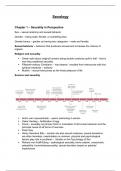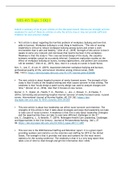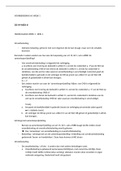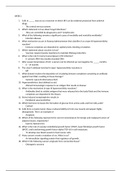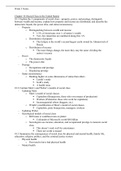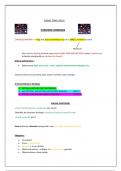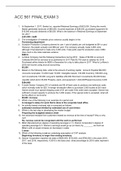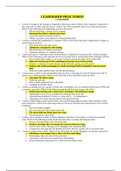Samenvatting
Sexology - extensive summary
- Vak
- Instelling
- Boek
This summary includes all course material, including lectures, mini-lectures, previous-years presentations, quiz solutions, and the entire book of the course - Understanding Human Sexuality (15th edition). There could be some minor mistakes such as typos, I apologize for those. Studying from ...
[Meer zien]
